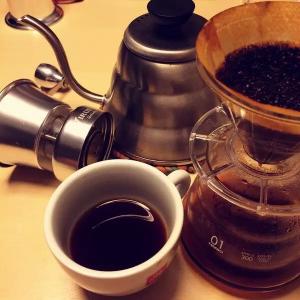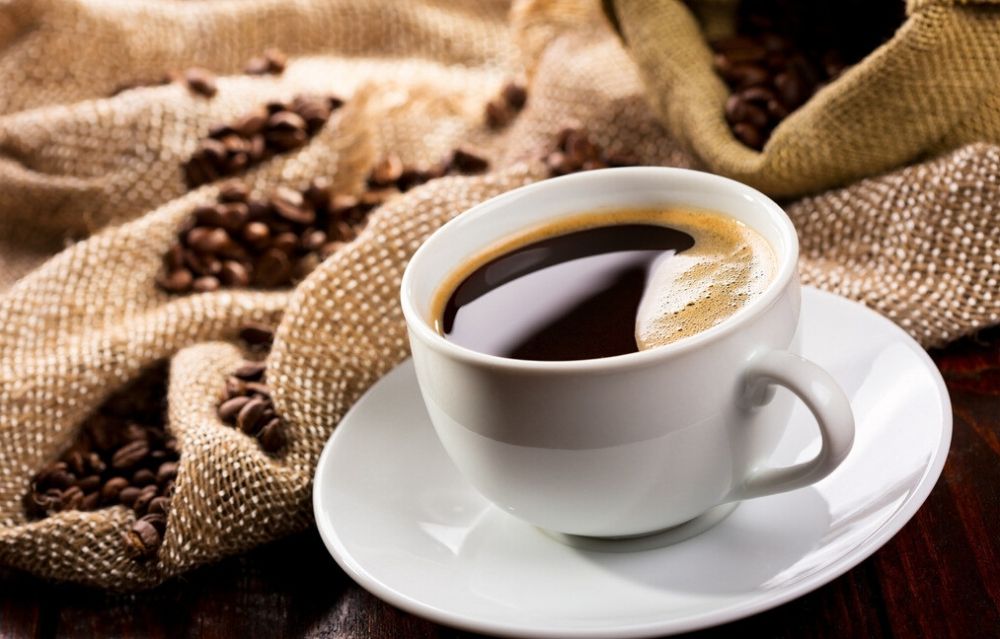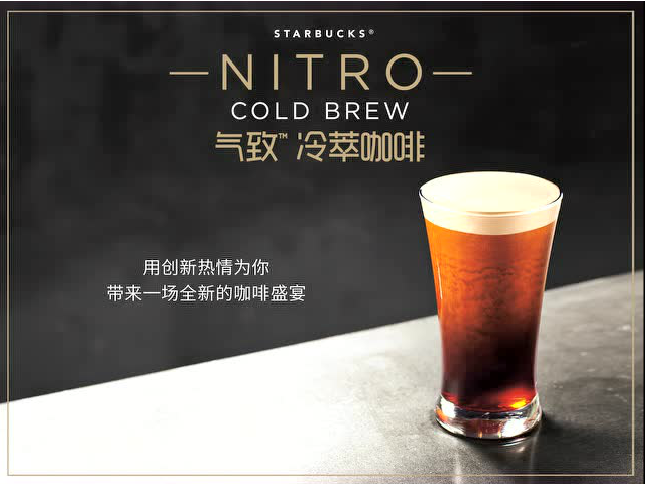After returning from the origin of coffee, I would like to talk about my thoughts on the present situation of the development of fine coffee.
In recent years, it has been repeatedly reported by the media that Blue bottle in the United States has received 70 million US dollars in venture capital. After a while, Mr. Schultz, president of Starbucks, announced his retirement, but he actually retreated endlessly, planning the whole boutique coffee brand. It seems that this boutique coffee is hot.
The heat wave of this boutique coffee is fierce, so people who smell the signs in China have begun to enter the coffee industry on a large scale. At present, domestic brands holding high the banner of boutique coffee, Seesaw, R.S Cafe, Graybox... this is not the only one.
The model is basically a cup of coffee + beans, with a strong sense of design atmosphere to create, freshly roasted boutique coffee beans, performing hand for the form of expression. A few wayward brands, and even the equipment needed to open a store, from baking to cooking, are all world-class.

Is this really the case?
In early June, I was in Ecuador looking for the coffee culture of this coffee-producing country. Ecuador is also a developing country, with a stable regime in recent years and rapid economic development working on the United Nations Avenue in Quito, its capital, a block of about 500m, there are nearly 30 cafes of various forms, where there is no Starbucks, but there are two Juan Valdez. Coffee + bread and dessert, coffee + ice cream, coffee + specialty pasta snacks, basically there are three kinds of shops, except for Juan Valdez to sell coffee beans, the other almost no beans. The unit price of a cup in a coffee shop ranges from $1 to $4, and there are few drinks over $4, if any, and the ordering rate is very low. The only Korean cafe on the street, from the outside, you will think that there is hand coffee, and then enter the store, look at the display shelf, siphon pot equipment, hand flushing equipment, I was a little surprised at that time. Ask the barista again and reply that the boss only used it for decoration. There are no individual items in the store, let alone high-quality ones.
The next night, I communicated with Norberto, the head of the largest and most professional barista training institution in Quito, to ask whether the Ecuadorian coffee industry is keen to pursue boutique coffee and whether there are many baristas to take part in SCAA research. He shrugged his shoulders, stretched out his hands and replied, "basically nothing." I said, "do you have one?" He smiled slyly and said, "No." I also asked, "do you organize a national coffee competition?" "No, no one wants to pay for it." Later he even whispered to me that he didn't think it was important, but that it was important to open a profitable coffee shop.
Norberto's words are basically consistent with my previous understanding of coffee consumption in Central and South America. But will Europe be better? On my way back and forth to Amsterdam in the Netherlands, I searched carefully for the shadow of boutique coffee in several cafes in the airport and food shops where coffee was sold, but unfortunately, I couldn't find it. I didn't even find a cup of coffee of any kind.
Among the people I went to Ecuador with, a Swedish friend Linden, when he talked to him about coffee, he also told me that Scandinavians consume coffee frequently, but it is basically espresso. All they want is a drink with calories, one for caffeine, to drive away fatigue and boost energy, and the other for milk and sugar to keep themselves from being cold.
I have also talked to many friends in Europe and Chinese friends who have lived in Europe for more than 20 years about the European habit of drinking coffee and asked them if they would like to have a single cup. They told me that most people didn't want to. The real reason is that the taste buds of Europeans are duller than mine, as some people say, because they don't think it's cost-effective to have a light, small and expensive cup. Europeans taste red wine, cigars, coffee and perfume, and their sense of smell and taste is no worse than that of the Chinese, but their cognition is more realistic.
As a result, it caused me to think:
Think about one: positioning. In China, when most cafes rely on meals as their fulcrum for survival, can a boutique coffee shop with pure coffee survive? Where is the profit point? If the performance of the store can not support the cost, does anyone still stick to the feelings?
Thinking 2: operation. When most consumers have a negative view of coffee, do you have the courage to tell them that it is a healthy drink? When a consumer walks into your cafe and only orders drinks that have nothing to do with coffee, do you have the ability to get him to drink a single drink? Can you and your baristas deal with all kinds of tricky questions from consumers? These may seem like technical or professional issues, but the most important thing is, how do you let others know that your coffee is fine? In the era of self-media, how do you stand out and let others find you? It is not the technology but the operation that makes the boutique cafe profitable.
Think three: direction. Looking at the world's famous boutique cafes, our media are staring at it as "a cup of coffee with a unique flavor recognized by consumers." This reminds me of the personalized accommodation that has swept the country in recent years. Many hostels are more expensive than five-star hotels because their beds are more comfortable than five-star hotels. Obviously, I don't think so. This is actually a kind of "being recognized", which is sometimes not material, but spiritual, such as yearning for the mountain and sea where the lodgings are located, and worshipping the people who live there. What is the core of creating a brand and promoting personality of boutique coffee? I think it is the consumer's experience, that is, to see whether the consumer is happy in the end.
At present, it seems that many of the so-called boutique coffee concept is still "shaving to pick a hot head". Competitions and exhibitions look vigorous and lively, but in fact, they are just high-spirited in the industry. Consumers have no idea what you are doing, but they still don't buy it and continue to love Starbucks, which can be monopolized by a brand. Obviously, consumers go to them not for coffee, but for brands.
I have always believed that consumers are uncivilized, especially unfamiliar consumers. If a boutique cafe is so focused on showing off technology that it is easy to educate consumers as rookies, baristas will also have the illusion that they are great, then there must be only a dead end. I would like to ask, which person who pays for consumption is willing to let you regard him as a rookie? In the end, when coffee comes to consumers, it needs business as a medium. the self-proclaim of the operators is useless, and the final recognition of consumers is the road to the success of the coffee business.
Important Notice :
前街咖啡 FrontStreet Coffee has moved to new addredd:
FrontStreet Coffee Address: 315,Donghua East Road,GuangZhou
Tel:020 38364473
- Prev

Authorities tell you ten reasons for drinking coffee
Following Kaibei (Wechat official account vdailycom) found that the Beautiful Cafe opened a small shop of its own. According to statistics, Germans drink 150 litres of coffee each year. This is equivalent to Germans drinking a bottle of coffee in 330 milliliters of mineral water a day; but according to the latest analysis of an economist who graduated from Harvard University, it can be concluded that drinking more coffee has a lot of benefits, even guaranteed.
- Next

The new Internet celebrity in the coffee industry, Starbucks Air-cooled Coffee
Cold extract Coffee now the hottest coffee has changed from cold extract coffee to air cooled extract! So, who is the new online celebrity in the coffee industry? What is the charm that has attracted countless people to flock to it? ● editor will join you today to increase knowledge. When I first heard of it, I was attracted by its name. It uses a special process.
Related
- Can lightly roasted coffee beans be used to extract espresso? How finely should you grind high-quality coffee beans to make Italian latte?
- What is the difference between the world's top rose summer coffee and Yejia Shefi? What are the flavor characteristics of Yega Shefi coffee and Panama rose summer?
- The ceremony is full! Starbucks starts to cut the ribbon at a complimentary coffee station?!
- A whole Michelin meal?! Lucky launches the new "Small Butter Apple Crispy Latte"
- Three tips for adjusting espresso on rainy days! Quickly find the right water temperature, powder, and grinding ratio for espresso!
- How much hot water does it take to brew hanging ear coffee? How does it taste best? Can hot water from the water dispenser be used to make ear drip coffee?
- What grade does Jamaica Blue Mountain No. 1 coffee belong to and how to drink it better? What is the highest grade of Blue Mountain coffee for coffee aristocrats?
- What are the flavor characteristics of the world-famous coffee Blue Mountain No. 1 Golden Mantelin? What are the characteristics of deep-roasted bitter coffee?
- Can I make coffee a second time in an Italian hand-brewed mocha pot? Why can't coffee be brewed several times like tea leaves?
- Hand-brewed coffee flows with a knife and a tornado. How to brew it? What is the proportion of grinding water and water temperature divided into?

